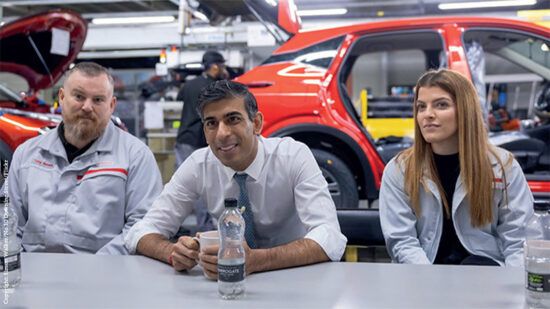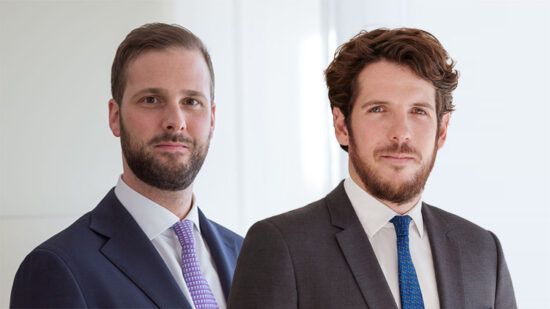During negotiations of the global biodiversity framework at COP15, the European Union (EU) has been pressing for clauses that would reduce harm to biodiversity from private investments, according to officials attending the summit.
Speaking to the press yesterday, Hugo-Maria Schally, head of the multilateral environmental cooperation unit at the European Commission Directorate-General for Environment, said the bloc wants to see “different provisions that ensure that in the future, public spending – but also private investment – is aligned with biodiversity objectives, perhaps applying at a minimum the principle of ‘do no harm’”.
He said there have been calls at the conference for new funds to implement the framework, but it has not been clear how they would translate to new funding. The EU delegation was open to discussions about innovative funding mechanisms “of any kind” that might be proposed, but not ones based solely on official development assistance (ODA), said Schally.
“The bulk of the financial resources necessary for implementing the framework will have to be raised in a domestic context,” commented Ladislav Miko, head of the Czech president’s delegation and special envoy of the Czech Republic for the bureau of biodiversity issues.
“When you look at the overall assessment of financing that we have through different studies, it is clear that only a minority of it should or will be dealt with in the context of international flows [including ODA].”
See also: – Biodiversity framework to ‘phase down five horsemen of the biodiversity apocalypse’
Schally also noted the EU delegation was pushing for more transparency from companies.
“I think it is quite important to also make sure business practices increasingly take into account biodiversity impacts, and the issue related to transparency and reporting by companies in that regard is important. We are pushing very hard for targets 15 and 16 to press in that direction,” he said.
These targets, based on the first draft of the Global Biodiversity Framework, are dedicated to 15: sustainable business, production and supply chains, and 16: eliminate unsustainable consumption.
Environmentally harmful subsidies are another focus area for the region, according to Schally.
“… There is a very important element that we need to address, which is the issue of environmentally harmful subsidies that we think is a key issue that also needs to figure explicitly in the framework,” he said.
However, there has been some pushback from certain states on this.
“There is certainly on the side of European Union member states and also some other countries the willingness to have a clear commitment to redirect and repurpose subsidies that harm the environment. There is quite some pushback from some other delegations [including] Argentina and Brazil, that are very worried about either a figure or a push to eliminate or redirect harmful subsidies. I think that’s an open discussion and we’ll see where that goes,” Schally commented.
‘Peace pact with nature’

Also addressing press from the conference yesterday, UN secretary general Antonio Guterres (pictured left) called for a “peace pact with nature” in the form of a global biodiversity framework that addresses the root causes of the destruction of nature and includes businesses and investors putting protection first in their business plans and investing “in sustainable production and extraction methods across every link of their supply chains”.
Asked about his “strong words” and whether he thought we are headed in the right direction on biodiversity, Guterres said: “It’s not easy for me to judge to what level I’m being heard or not. But what I can say is that even if I’m not heard enough, I am going to continue to have stronger words when it comes to practices that correspond to suicide for humanity.”








